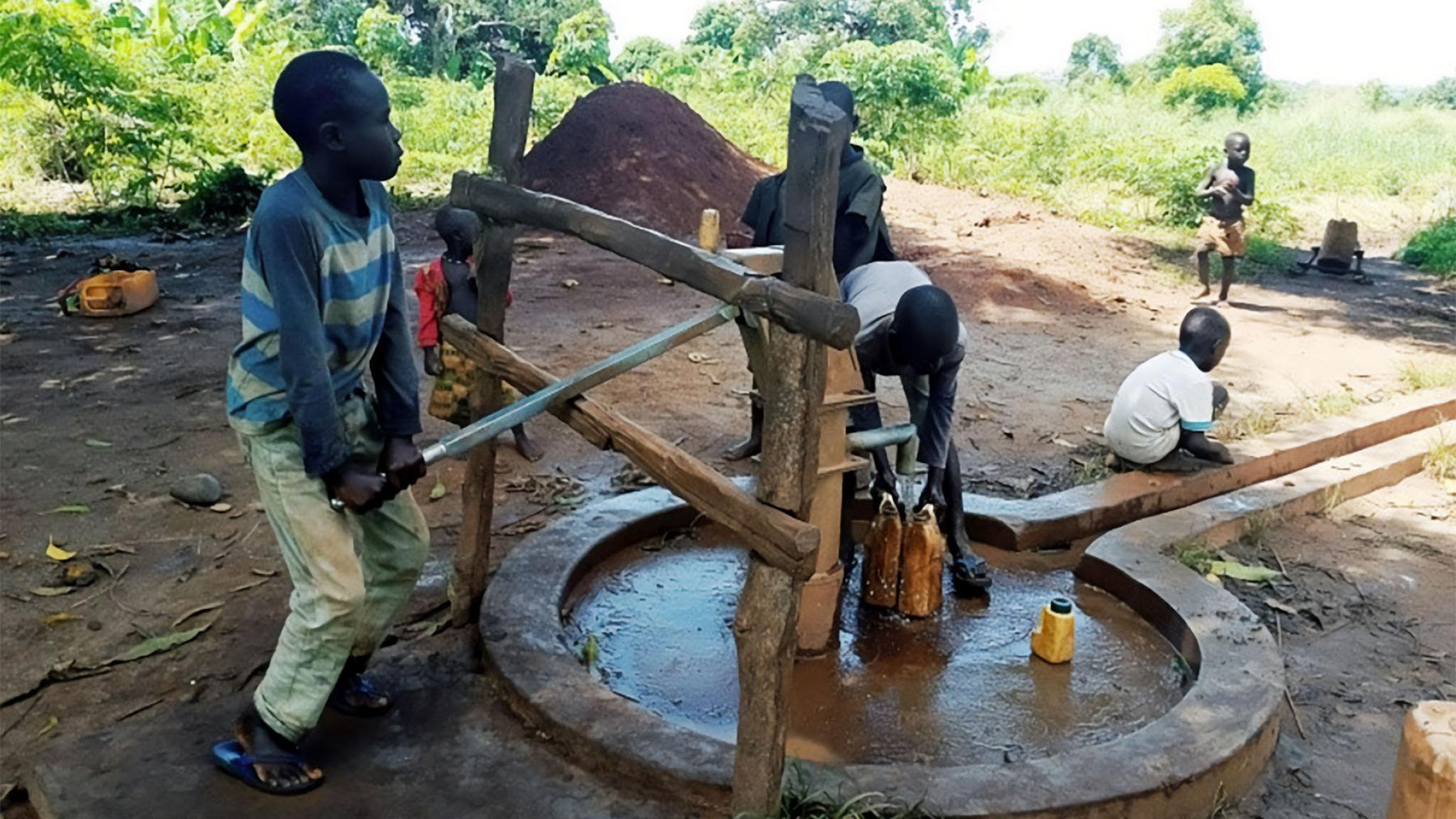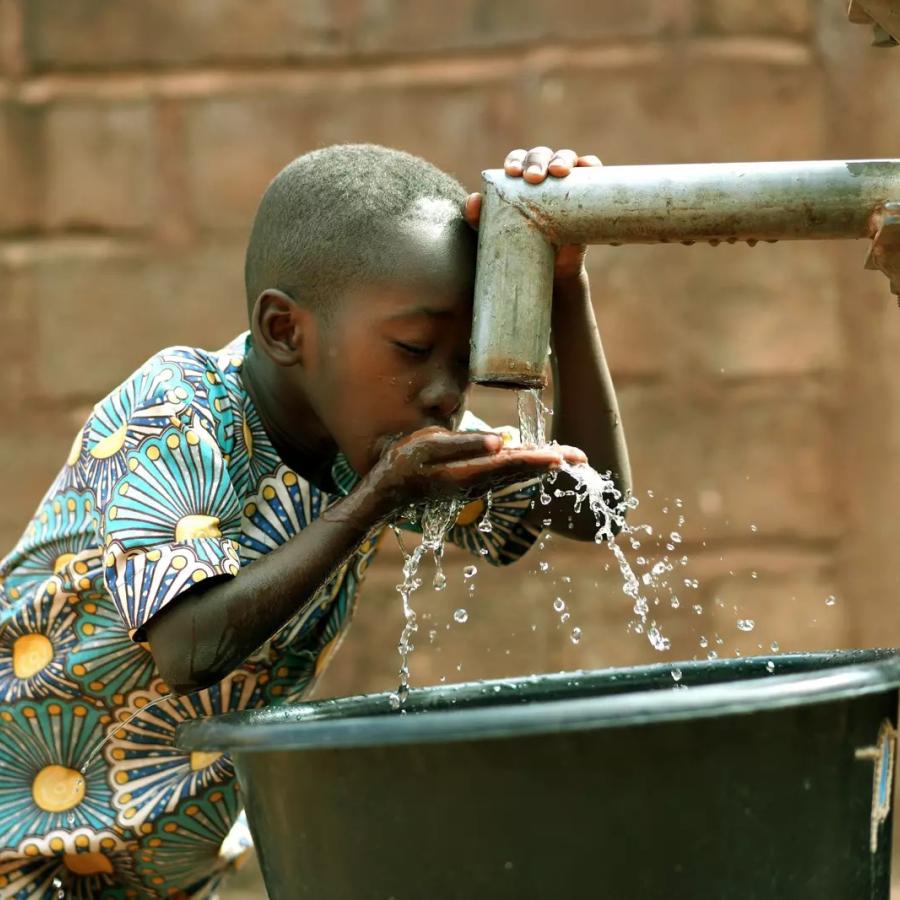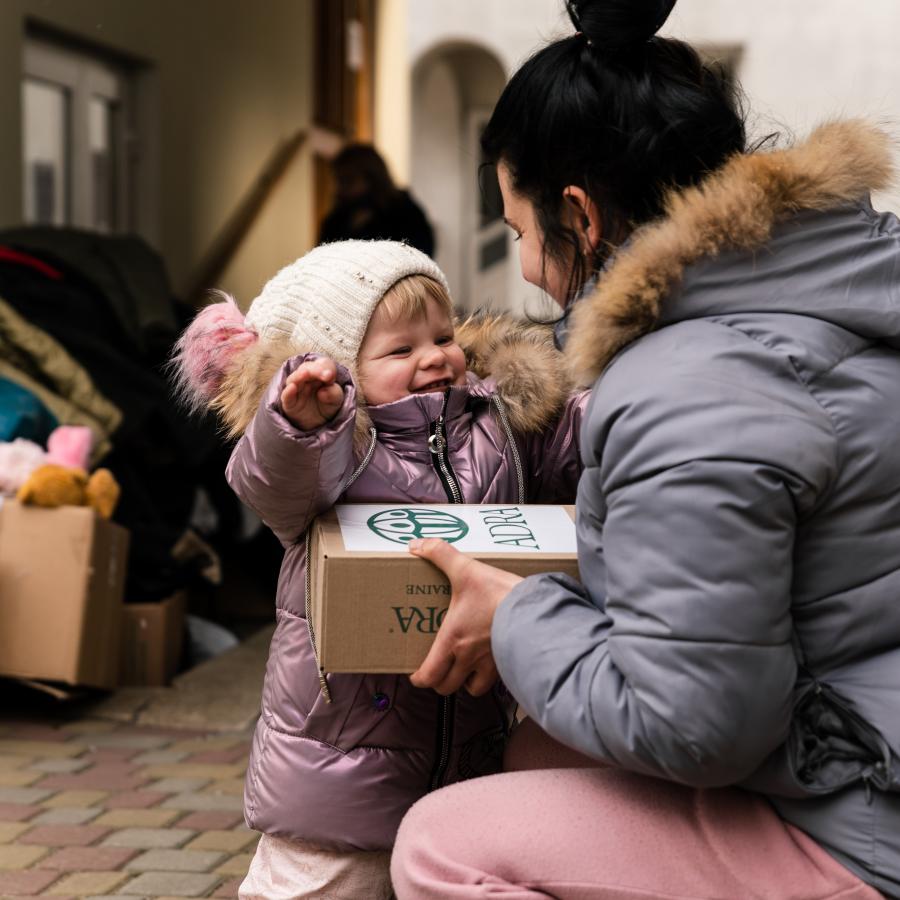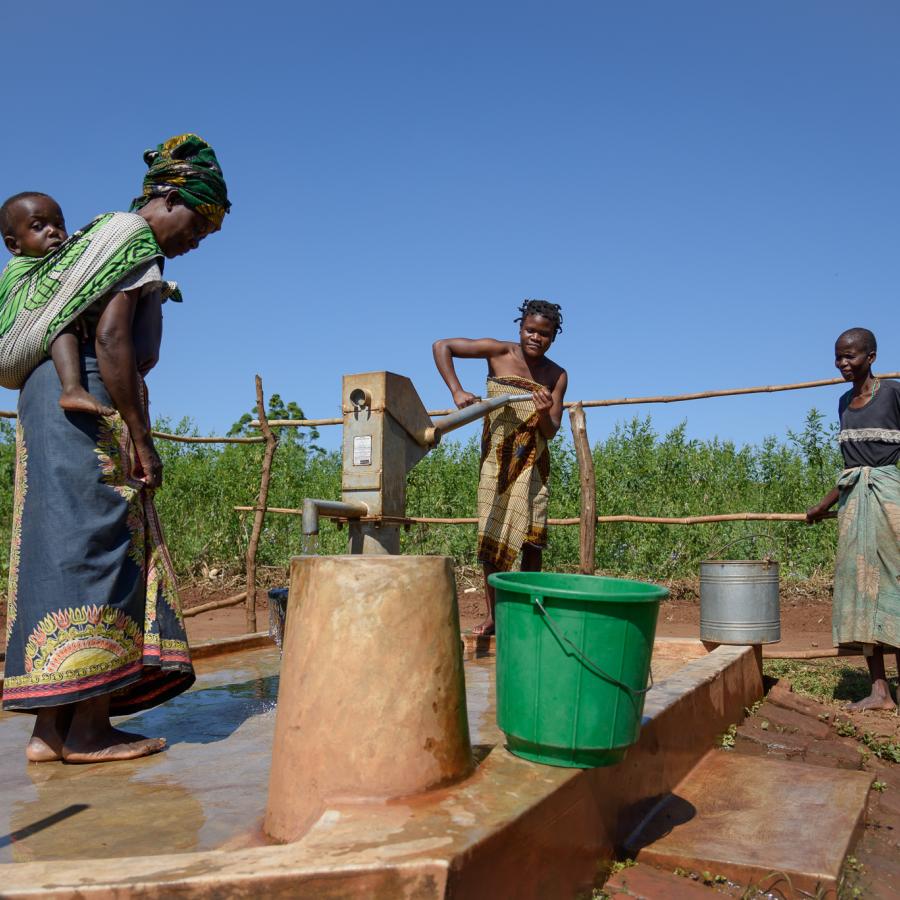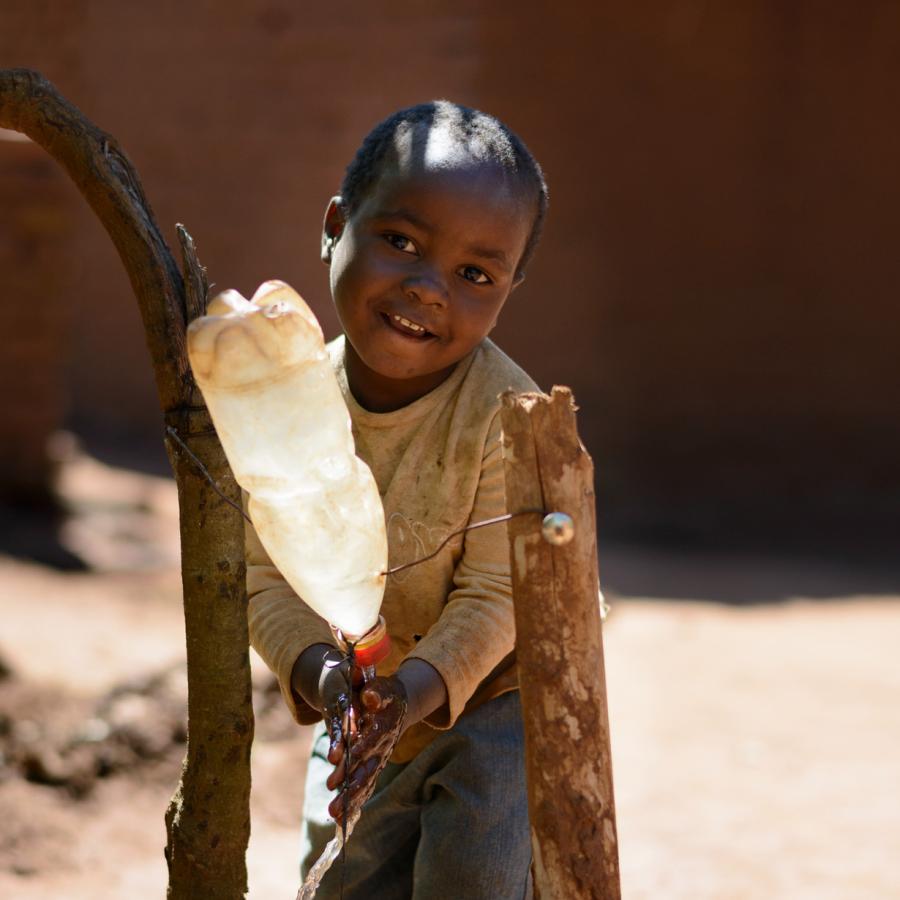Water & Health in South Sudan
South Sudan has about 7 million people (two thirds (2/3) of the population) in critical condition, including 4 million refugees, divided equally between internal refugees (of which 85% are women and children) and immigrants from neighboring countries.
In 2019 Water for All supported the construction of a borehole in the Nabaka village, giving 2 500 people access to safe and clean water. In 2020 the intervention moved to the rural area of Lalama, providing 2 350 people with access to clean water.
The project has been realized with the help of the most vulnerable people of the community, through the cash/food for work model. This approach promotes workers’ ownership, involving a high number of people coming from diverse backgrounds and social classes, allowing for a rural activity to become an activity of food safety.
The main project objective was the construction of four new latrines at a secondary girls school, targeting around 150 pupils, including training in the importance of personal hygiene.
Additional activities include:
- Sensitization activities on good and hygiene for communities through radio programs
- Tanks, soap, buckets and mosquito nets for 250 families
- A fish pond installation; tank with drain system and filters for cleaning water, filled with approx. 150 fish
- Rehabilitation of two surface wells (Hai Gabat and Hai Tarawa), providing more than 12 000 people with clean water
- Training of 45 “Safe Water Champions” to help promote the habit of good hygiene practices
